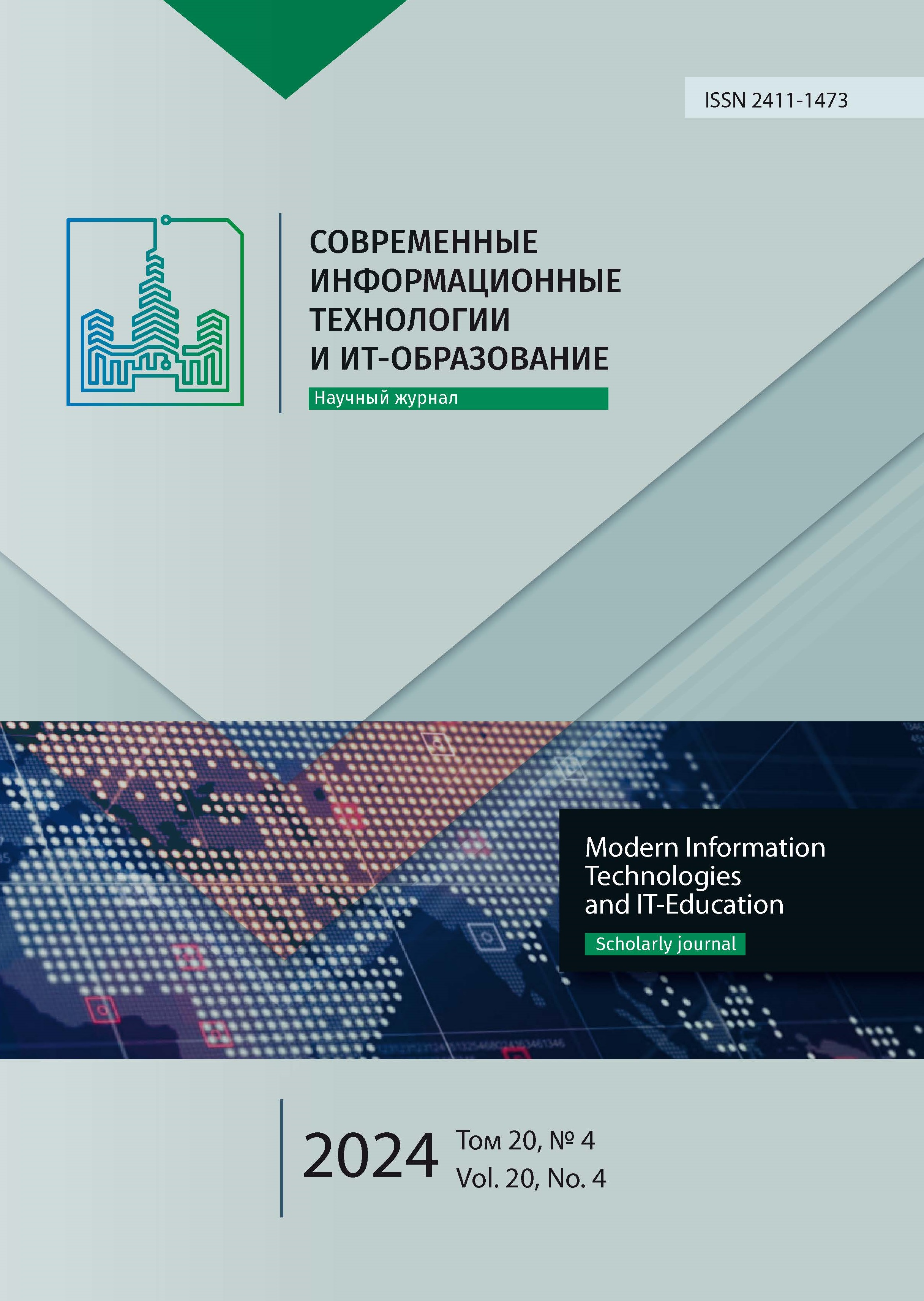Влияние цифровой трансформации на учебный процесс по математическим и ИТ направлениям подготовки
Аннотация
Цифровая трансформация в образовании рассматривается как процесс внедрения в образовательный процесс новых (современных) цифровых технологий, позволяющих кардинально изменить образовательный процесс в сторону комфортных условий взаимодействия всех участников образовательного процесса с целью повышения качества обучения. Процесс цифровой трансформации динамический, многоступенчатый и требует осмысления промежуточных результатов для дальнейшего совершенствования учебной деятельности. Цель данной работы – выяснить отношение студентов и преподавателей к данному процессу, выявить и оценить проблемы, потребности всех заинтересованных сторон, предложить пути дальнейшей трансформации учебного процесса и наметить план дальнейших мероприятий внутренней независимой оценки качества образования. Для достижения поставленной цели было проведено исследование, включающее в себя составление вопросов и проведение анкетирования студентов и преподавателей института информационных технологий, математики и механики. В статье приведены результаты проведенных исследований в виде гистограмм и осуществлен их анализ, в результате которого были выявлены "узкие" места в проведении цифровой трансформации и намечены мероприятия для успешного решения задач по дальнейшему внедрению изменений в учебный процесс, такие как: усиление работы с преподавательским составом по вопросам выявления и внедрения в учебный процесс лучших практик и прохождение курсов повышения квалификации в области цифровой грамотности; введение стандартизации для цифрового учебного контента в рамках института; продолжение анкетирования студентов и преподавателей на предмет оценки проводимых изменений; проведение мероприятий по оценке результатов обучения; продолжение взаимодействия с представителями работодателей по вопросам прохождения практик и внедрения новых дисциплин по выбору, связанных с будущей профессиональной деятельностью.

Это произведение доступно по лицензии Creative Commons «Attribution» («Атрибуция») 4.0 Всемирная.
Редакционная политика журнала основывается на традиционных этических принципах российской научной периодики и строится с учетом этических норм работы редакторов и издателей, закрепленных в Кодексе поведения и руководящих принципах наилучшей практики для редактора журнала (Code of Conduct and Best Practice Guidelines for Journal Editors) и Кодексе поведения для издателя журнала (Code of Conduct for Journal Publishers), разработанных Комитетом по публикационной этике - Committee on Publication Ethics (COPE). В процессе издательской деятельности редколлегия журнала руководствуется международными правилами охраны авторского права, нормами действующего законодательства РФ, международными издательскими стандартами и обязательной ссылке на первоисточник.
Журнал позволяет авторам сохранять авторское право без ограничений. Журнал позволяет авторам сохранить права на публикацию без ограничений.
Издательская политика в области авторского права и архивирования определяются «зеленым цветом» в базе данных SHERPA/RoMEO.
Все статьи распространяются на условиях лицензии Creative Commons «Attribution» («Атрибуция») 4.0 Всемирная, которая позволяет другим использовать, распространять, дополнять эту работу с обязательной ссылкой на оригинальную работу и публикацию в этом журналe.













